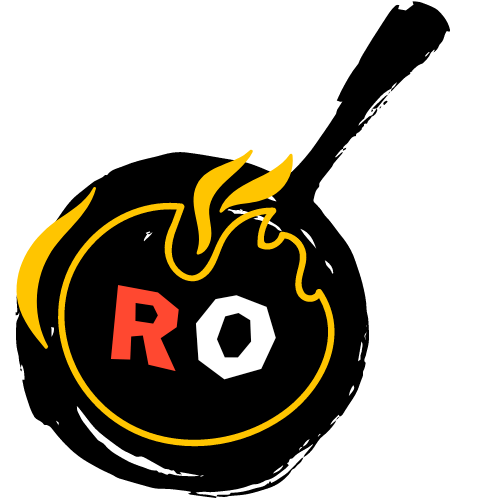7 Role-Playing Scenarios for Effective Restaurant Staff Training
Discover the transformative power of role-playing in restaurant staff training through expert insights outlined in this article. Learn how to navigate the challenging waters of customer service, from managing complaints to enhancing sales with strategic upselling. This piece distills the collective wisdom of seasoned industry veterans to equip your team with the skills for success.
- Handle Difficult Customer Situations
- Manage Long Wait Time Complaints
- Simulate Various Customer Interactions
- Practice Addressing Different Complaints
- Enhance Problem-Solving and Decision-Making
- Boost Sales with Upselling Techniques
- Improve Teamwork and Communication
Handle Difficult Customer Situations
Role-playing is a dynamic training tool that dramatically enhances the performance and customer service skills of restaurant staff. One particularly effective scenario is the "difficult customer" situation. Staff are given a character who is unhappy with aspects like food quality, wait time, or seating arrangements. This exercise equips team members with the necessary skills to handle complaints gracefully and efficiently, ensuring they remain poised under pressure and responsive to customer needs.
For example, at a mid-sized bistro I worked with, we regularly conducted sessions where one staff member played an irate customer, while another responded to their grievances. This not only helped employees understand the importance of empathy and patience but also fine-tuned their problem-solving capabilities. The waitstaff who participated in these exercises received notably better customer feedback, which in turn improved the overall atmosphere and client satisfaction. Role-playing not only prepares staff for real-life challenges but also instills confidence—a key ingredient in delivering exceptional service.

Manage Long Wait Time Complaints
Role-playing scenarios are an effective training tool for restaurant staff, allowing them to practice essential skills in a safe environment. One useful scenario focuses on managing difficult customer interactions, particularly dealing with complaints about long wait times. In this exercise, participants take on the roles of a dissatisfied customer and a staff member, while an observer notes their interactions for feedback, enhancing their customer service skills.

Simulate Various Customer Interactions
By simulating customer interactions, staff can gain practical experience in handling real-life scenarios. This allows them to develop confidence and refine their communication skills. Through these role-playing exercises, employees can learn to anticipate various customer needs and preferences.
Situations can range from simple greetings to complex service requests. This hands-on approach prepares staff to deliver exceptional service in actual settings. Encourage the team to participate actively in these simulations for the best results.
Practice Addressing Different Complaints
Training staff to manage customer complaints effectively can substantially improve a restaurant's reputation. Through role-playing, employees can practice addressing different types of complaints in a controlled environment. This method helps them develop the skills needed to remain calm and professional under pressure.
Employees can explore various strategies for resolving issues to the customers' satisfaction. This proactive training approach helps prevent potential conflicts. Motivate your staff to embrace these scenarios to enhance their complaint-handling skills.
Enhance Problem-Solving and Decision-Making
Enhancing problem-solving and decision-making skills through role-playing scenarios can lead to more efficient restaurant operations. Staff members can practice thinking on their feet and making quick, informed decisions in different situations. These exercises can cover a range of topics from seating arrangements to special menu requests.
By regularly engaging in these activities, employees become better equipped to handle unexpected challenges. This continuous practice fosters a more adaptable and resourceful team. Implement these scenarios regularly in training sessions for ongoing improvement.
Boost Sales with Upselling Techniques
Practicing upselling and suggestive selling techniques in role-playing scenarios can boost sales and customer satisfaction. Staff can rehearse recommending additional menu items or special promotions to customers. This helps them learn how to make these suggestions naturally and effectively.
Through these exercises, employees can find the right balance between being helpful and not overly pushy. Skillful upselling can enhance the dining experience and increase revenue. Urge your team to apply these techniques during their interactions with customers.
Improve Teamwork and Communication
Improving teamwork and communication in a restaurant setting is essential for smooth operations. Role-playing scenarios can help staff understand the importance of clear, concise communication. These activities encourage employees to coordinate with each other and work as a cohesive unit.
They can simulate situations that require collaborating on tasks or managing simultaneous customer needs. These exercises highlight the value of listening and responding appropriately to team members. Foster a collaborative environment by integrating these scenarios into your training program.

